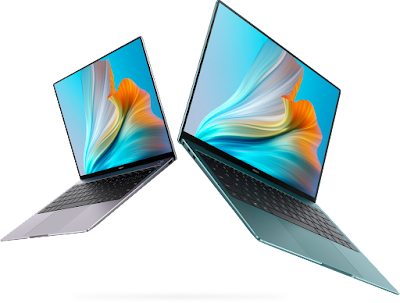A Comprehensive Guide to Buying Used Laptops in Canada: Tips, Pros, and Cons
In today's fast-paced digital world, having a reliable laptop is essential for both personal and professional endeavors. However, buying a brand new laptop can often come with a hefty price tag. This is where considering used laptops becomes an attractive option, especially in a country like Canada where the demand for affordable tech solutions is high. In this guide, we'll delve into the world of used laptops in Canada, exploring the benefits, potential drawbacks, and essential tips for making a smart purchase decision.
Why Choose Used Laptops in Canada?
Canada, known for its tech-savvy population, witnesses a consistent demand for high-quality laptops. Opting for a used laptop in Canada presents several advantages:
Cost-Effectiveness: The primary allure of buying a used laptop is the significant cost savings compared to purchasing a brand new one. This is particularly advantageous for students, freelancers, and budget-conscious individuals.
Variety and Availability: The Canadian market for used laptops offers a wide array of options from various brands, specifications, and models. This diversity allows buyers to find a laptop that suits their specific needs.
Environmental Impact: Opting for a used laptop contributes to sustainable consumption by extending the lifecycle of electronics, reducing e-waste, and minimizing the carbon footprint associated with manufacturing new devices.
Factors to Consider When Buying Used Laptops
While purchasing a used laptop can be a smart choice, it's crucial to consider several factors to ensure a satisfactory investment:
Reliable Seller or Platform: Choose reputable sellers or platforms known for their quality assurance and customer service. Platforms like certified refurbished outlets or trusted online marketplaces can offer peace of mind through warranties and return policies.
Inspecting the Laptop: Thoroughly examine the laptop for physical damages, battery health, keyboard functionality, screen condition, and overall performance. Check for any signs of wear and tear.
Specifications and Compatibility: Ensure that the laptop's specifications meet your requirements, whether it's for gaming, professional tasks, multimedia, or general use. Verify compatibility with necessary software and peripherals.
Warranty and Return Policy: A warranty or return policy adds an extra layer of security to your purchase. It's advisable to opt for laptops with warranties, allowing for repairs or replacements if issues arise post-purchase.
Potential Drawbacks of Buying Used Laptops
While the advantages are evident, there are potential downsides to consider when purchasing a used laptop:
Limited Warranty: Unlike new laptops that come with manufacturer warranties, used laptops might have limited or no warranty coverage, leaving buyers susceptible to unexpected repairs.
Reduced Lifespan: Used laptops might have experienced wear and tear, potentially leading to a shorter lifespan compared to a brand new device.
Outdated Technology: Older models might lack the latest technology advancements, impacting performance and compatibility with newer software or applications.
Conclusion
Buying a used laptop in Canada can be a cost-effective and environmentally conscious decision. By considering reputable sellers, thoroughly inspecting the device, and ensuring compatibility with your needs, you can make a smart investment. While there are potential drawbacks, the advantages often outweigh them, providing an opportunity to own a quality laptop without breaking the bank. So, whether you're a student, a professional, or someone seeking a budget-friendly tech solution, exploring the world of used laptops in Canada could be the key to finding the perfect device for your needs.




Comments
Post a Comment